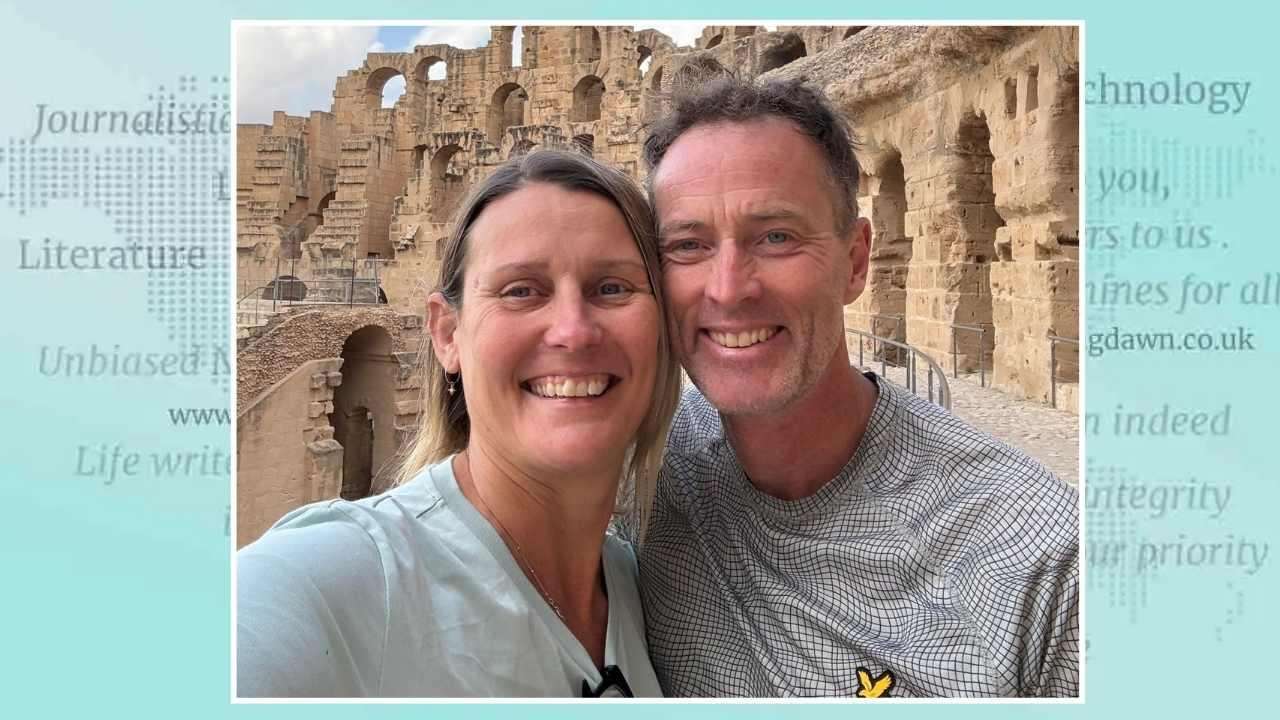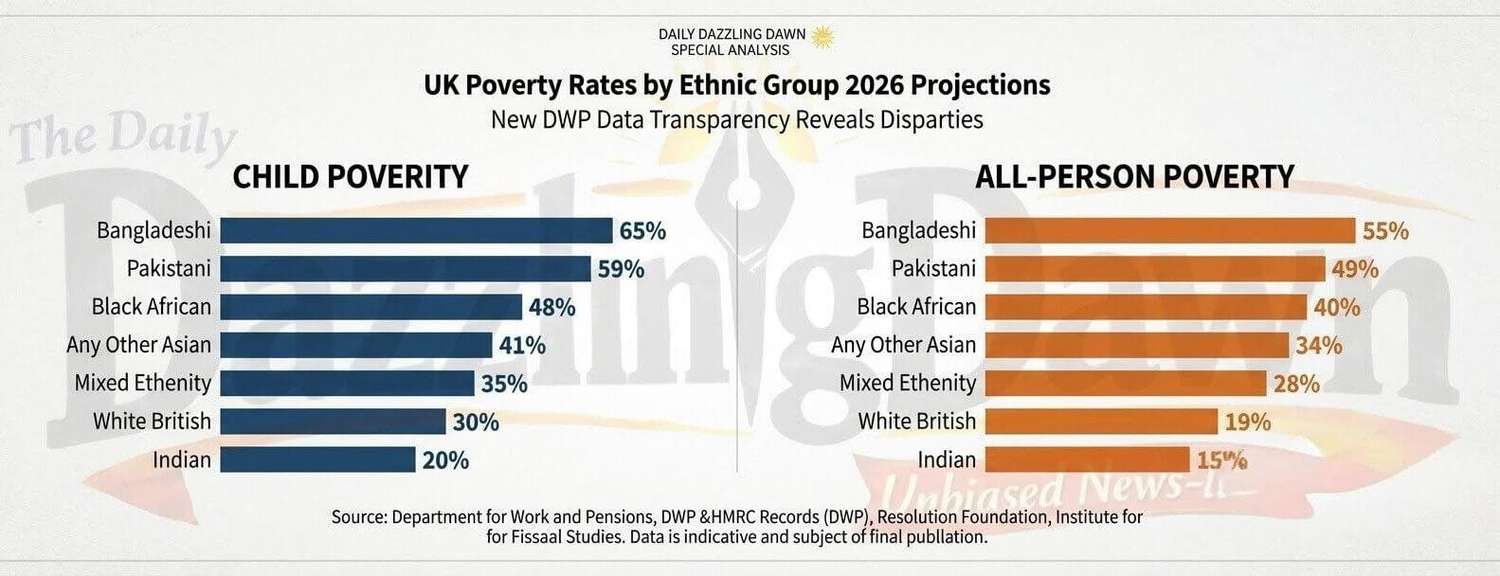A former Conservative minister has stated that it would be "absurdity" for Labour to claim that increasing employers' national insurance contributions in the next Budget does not go against their election pledges.
Mel Stride, the shadow work and pensions secretary, also called the Government's assertion that his party created a £22 billion financial void "fictitious."
Sir Keir Starmer refrained from ruling out the possibility of increasing employers' national insurance contributions in the upcoming Autumn budget during Prime Minister's Questions on Wednesday.
Unless (Labour are) to argue that employers’ national insurance is not the same thing as national insurance, which is an absurdity to argue, then they’re going to be breaching their manifesto commitment
Mel Stride
At the general election, Labour said it would not increase taxes on working people and included a commitment not to increase national insurance, income tax or VAT.
Chancellor Rachel Reeves has said the Labour Government inherited a £22 billion “black hole” in the public finances from its predecessors, causing speculation about how she will raise funds.
The Institute for Fiscal Studies (IFS) estimates Ms Reeves may need to raise up to £25 billion from tax increases if she wants to keep spending rising with national income.
Mr Stride told Sky News’ Sunday Morning With Trevor Phillips that Labour “boxed themselves in” by “claiming they were not going to be a party that was going to have to put up taxes”.
He said: “That leaves you with a narrow field of taxes now to go for.
“I think if they go for employers’ national insurance, firstly, it’s a very bad tax to raise, because it’s a tax on jobs and what they should be about is growth and increasing productivity in the economy.
“The second thing is, I think it goes totally counter to their manifesto that assured us they would not be putting up national insurance.
“So unless they’re to argue that employers’ national insurance is not the same thing as national insurance, which is an absurdity to argue, then they’re going to be breaching their manifesto commitment.”
Business Secretary Jonathan Reynolds said the pledge not to raise national insurance in Labour’s manifesto applies to employees but would not confirm whether the upcoming Budget would apply it to employers as well.
Sir Trevor Phillips asked him: “You made a pledge no rise in National Insurance. I’m asking you, does that apply to both employees NI and employers’ NI?”
“That pledge, it was taxes on working people, so it was specifically in the manifesto, a reference to employees and to income tax,” said Mr Reynolds.
But he said he would not say anything more ahead of the Budget.
the Government has made it very hard for themselves, because in their rush to give them cover to raise all these taxes, of course, they’ve concocted this fictitious black hole
The Government has made it very hard for themselves, because in their rush to give them cover to raise all these taxes, of course, they’ve concocted this fictitious black hole
Mel Stride
“There’s a lot already in the manifesto, but you have to wait for the detail of a Budget.”
Mr Stride went on to describe the Government’s claims about a black hole in public finances as “fictitious” and said increasing capital gains tax would be a “tax on wealth creation”.
He told Sky News’ Sunday Morning With Trevor Phillips: “I think it’s one of those taxes, actually, if you raise it too much and it supplies, we know, to assets like property and shares and so on, you can actually get less money and I think that’s what the Treasury is telling them.
“Certainly, if you get up to the later 30s or thereabouts, in terms of the rise and it’s one, once again, one of those taxes which will slow down economic growth.
“It’s a tax on assets. It’s a tax on wealth creation. And that’s exactly the kind of thing that the Government should not be doing.
“Now, can I make one other point, which is, of course, the Government has made it very hard for themselves, because in their rush to give them cover to raise all these taxes, of course, they’ve concocted this fictitious black hole.
“They’ve talked the economy down at a time when they should be talking it up.”








.svg)


